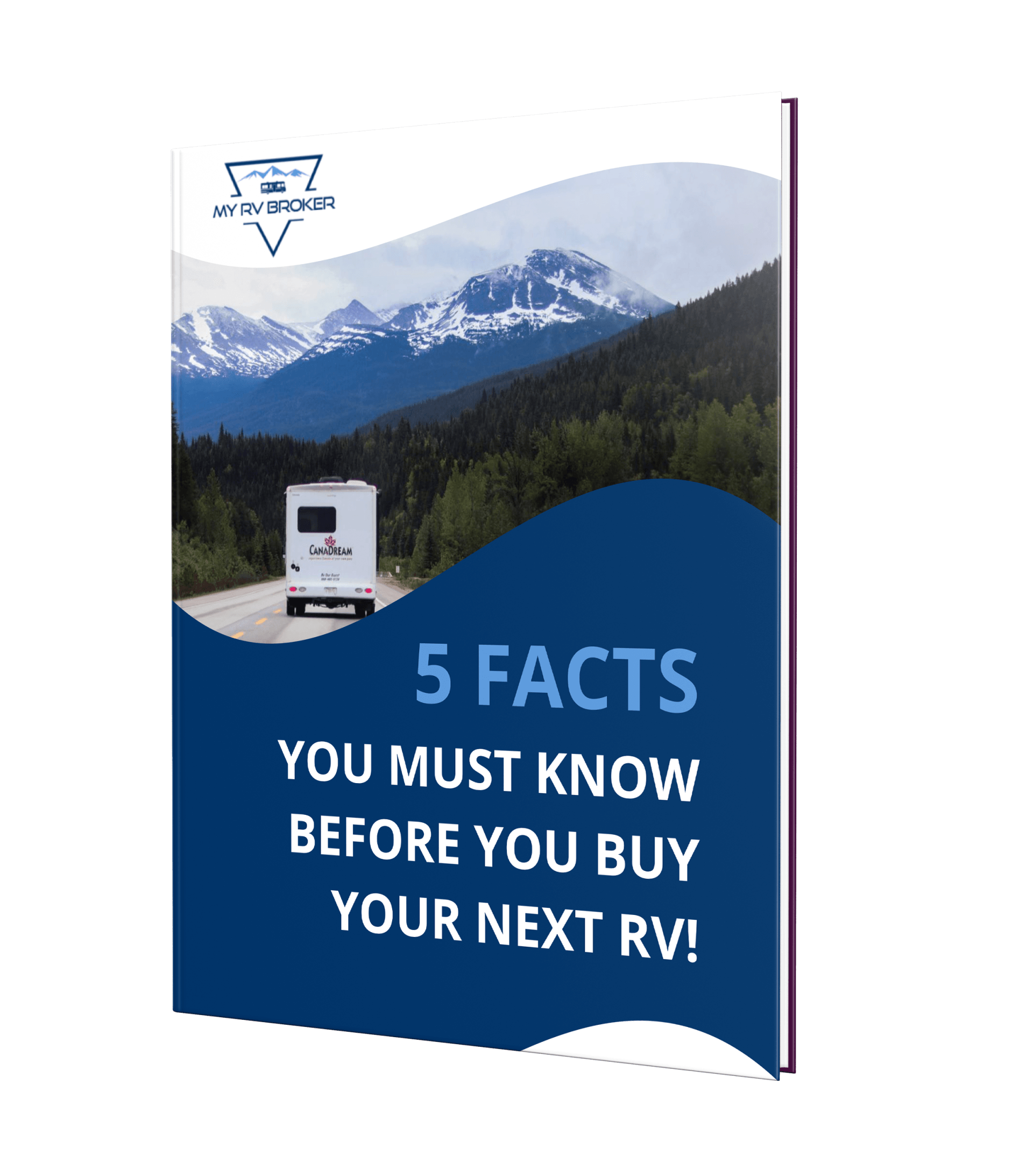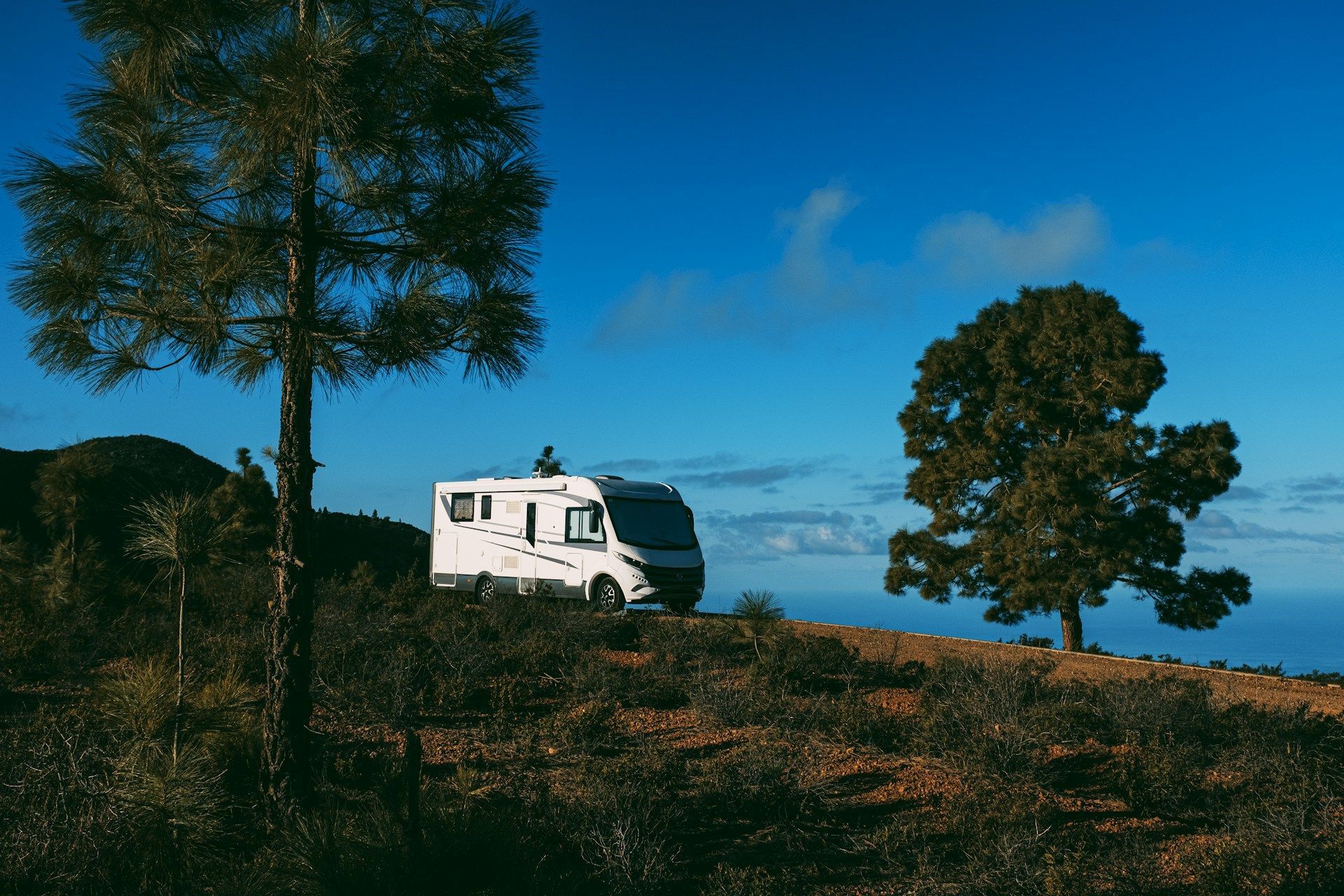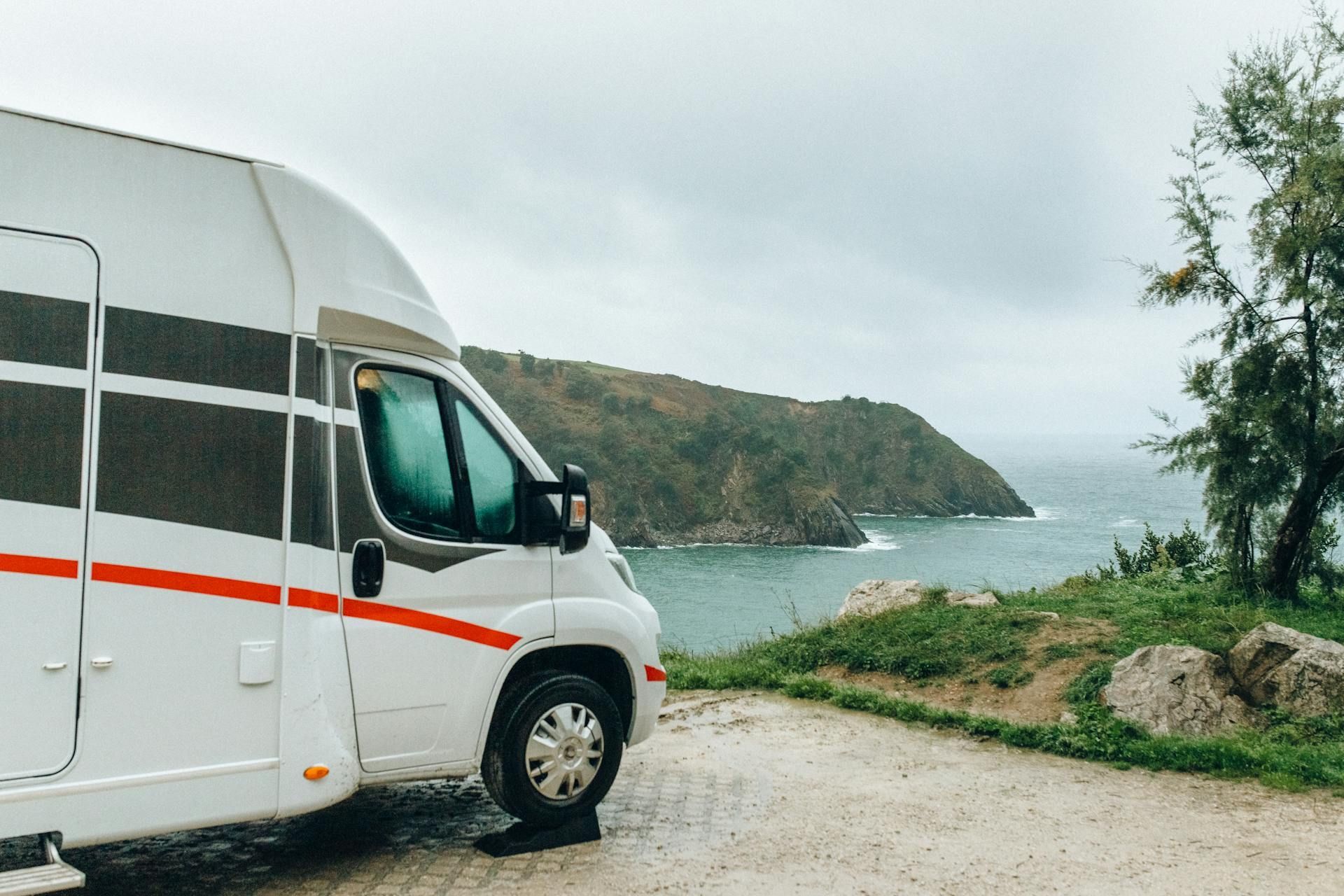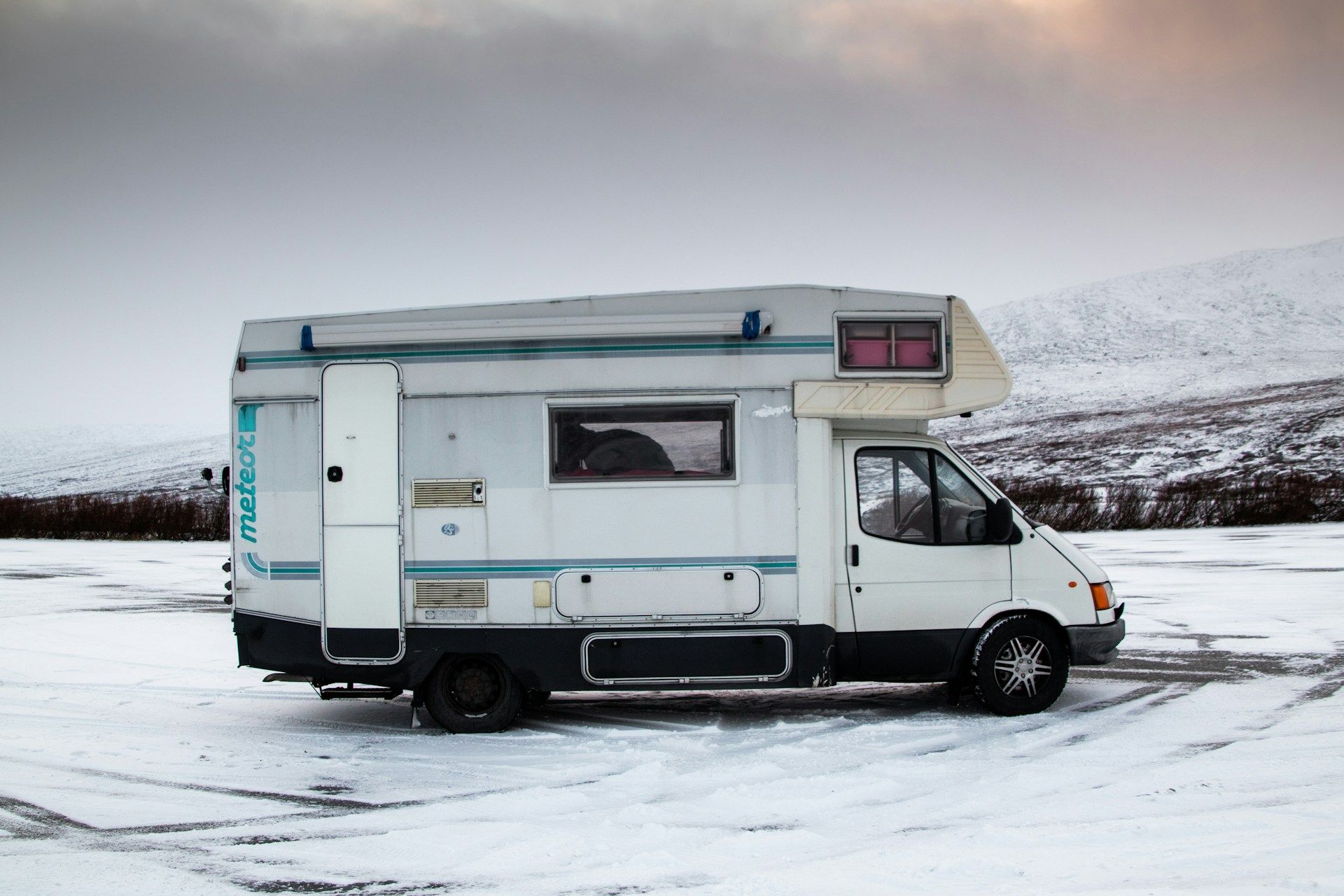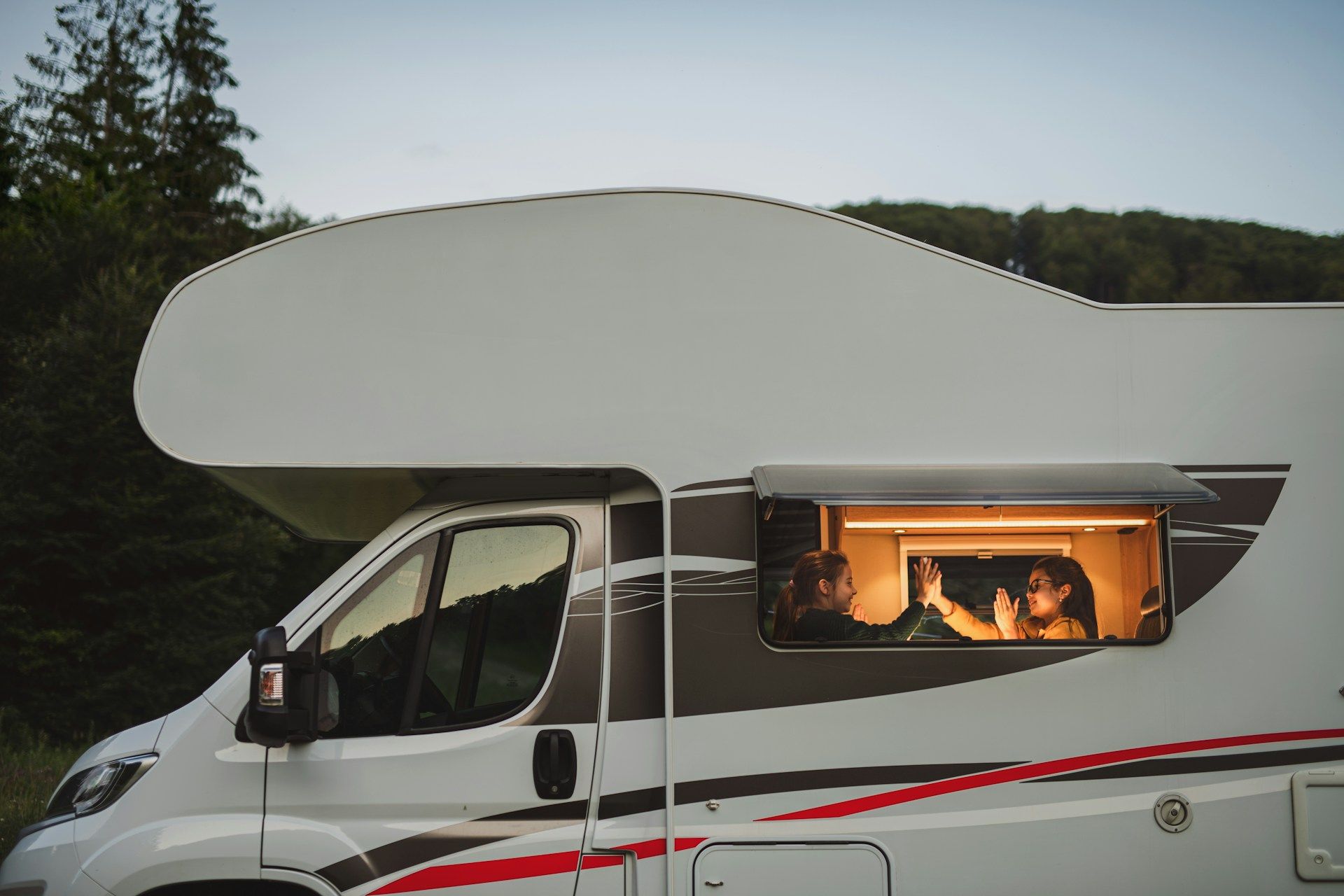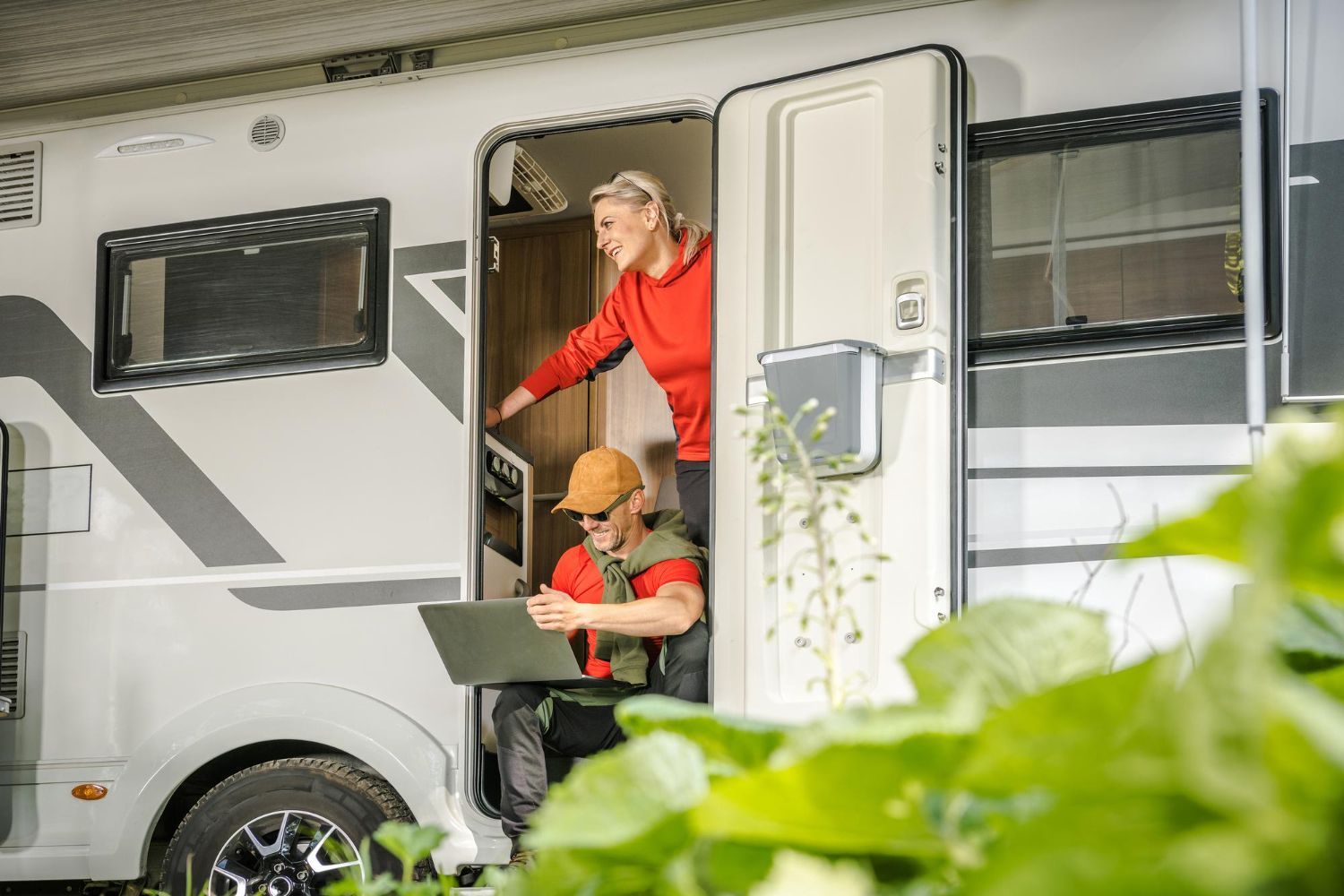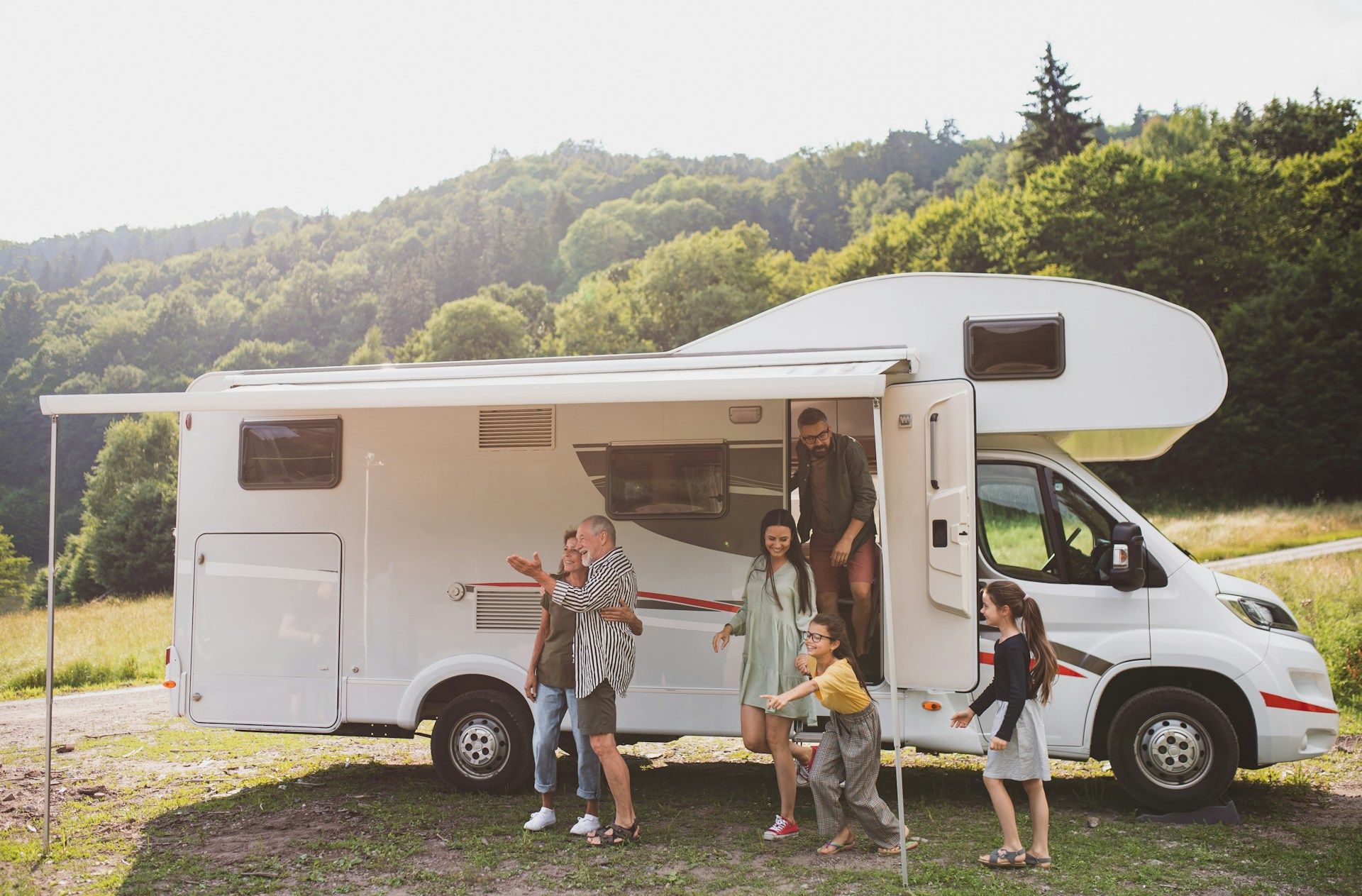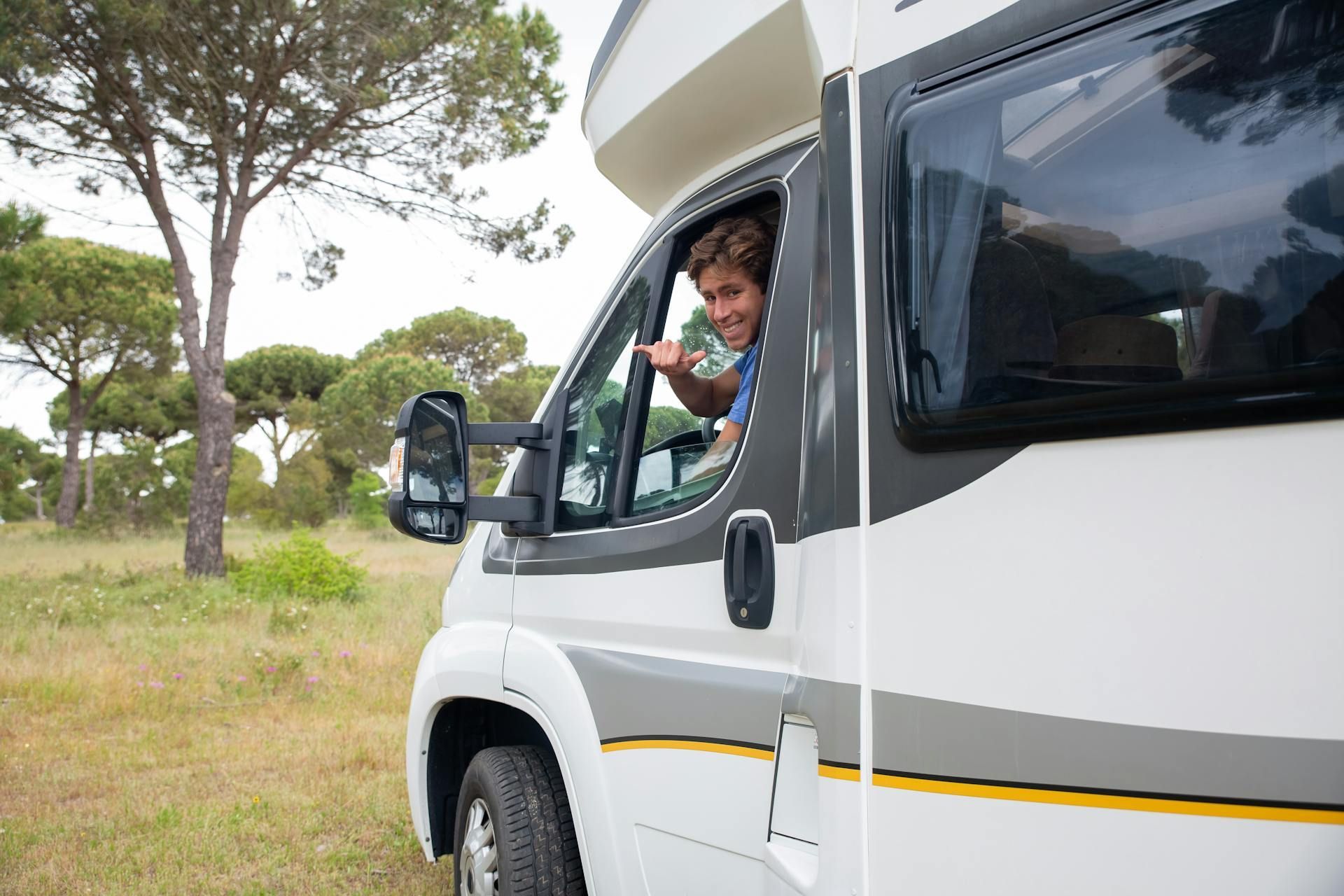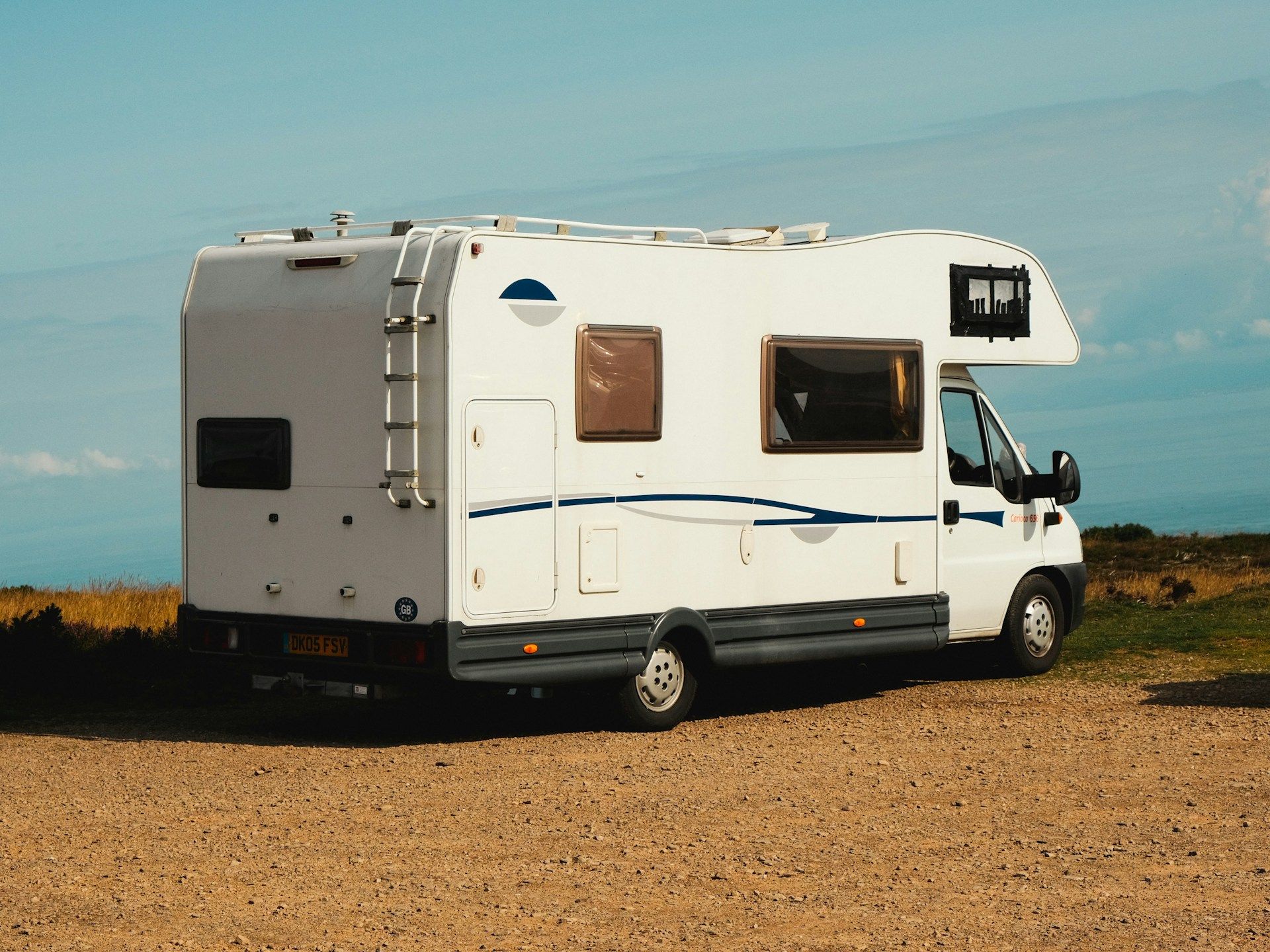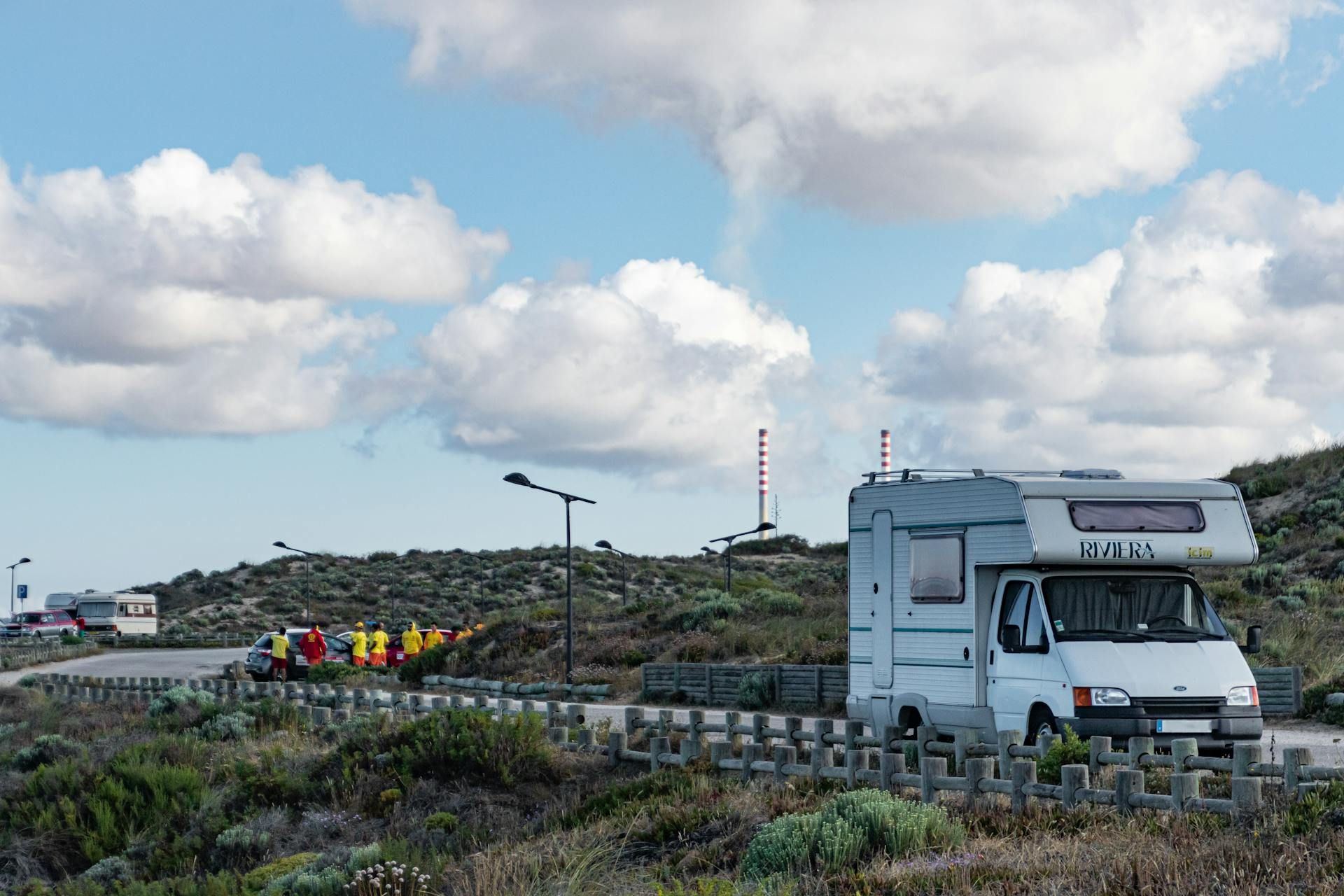Hidden RV Dealer Secrets That Could Save You Thousands on Your Next Purchase
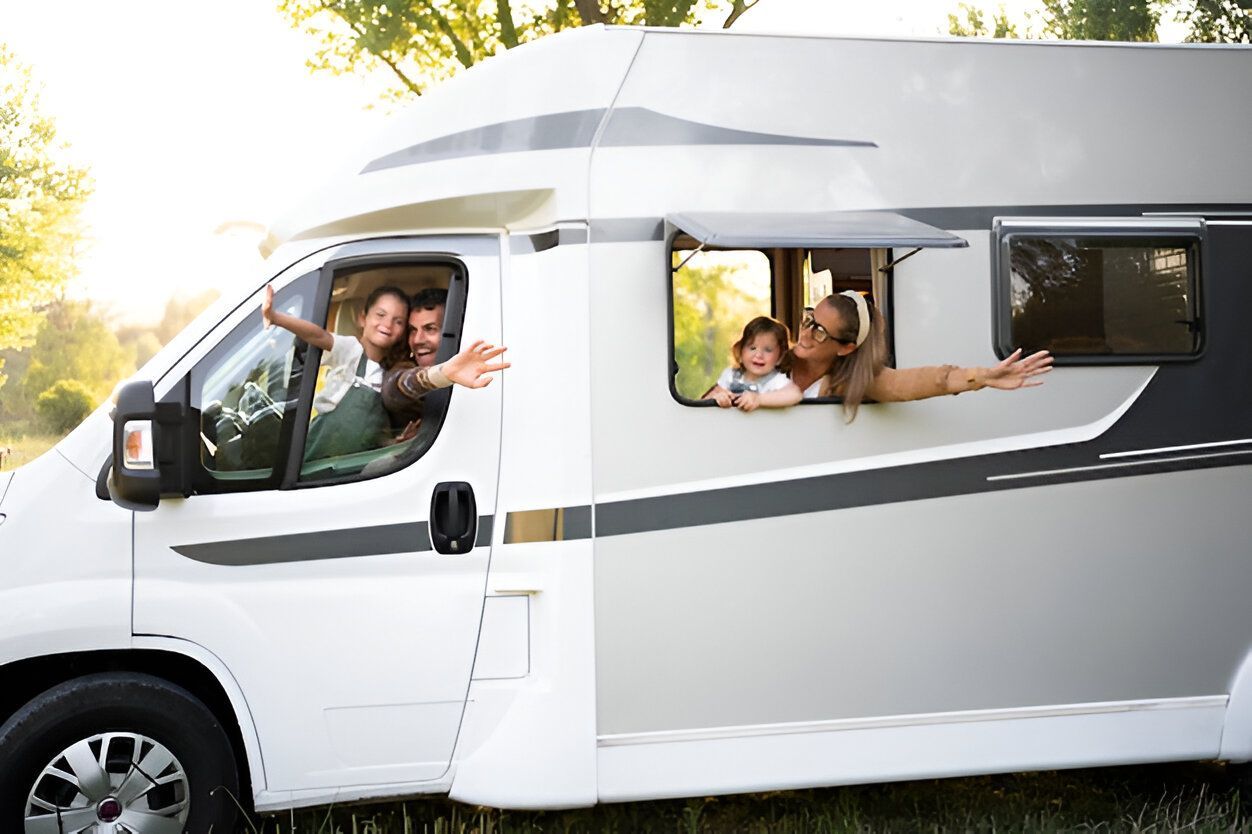
Buying an RV is a big decision, one that promises adventure, freedom, and endless scenic road trips. Yet, getting to the moment where you drive away with your new mobile home can be a bit of a puzzle. Unveiling the strategies behind RV dealership practices can make this process smoother and potentially save you a hefty sum. With some helpful insider tips, you can move through the purchasing journey with confidence and keep more money in your pocket.
Understanding how dealerships operate, from pricing strategies to common sale tactics, is key to making informed decisions. Having this knowledge helps you avoid costly mistakes and supports a smart purchase. Let’s unpack some dealer secrets that can give you the upper hand when it's time to negotiate and sign on the dotted line.
How Dealers Price Their RVs
RV pricing isn't always as straightforward as it might appear. Dealers use several factors to come up with the tag you see on the lot.
Markup and hidden fees are a good place to start. In most cases, dealers purchase RVs from manufacturers at a lower wholesale price. The retail price you see includes a markup to cover business expenses and profit. But what often goes unnoticed are the extra charges slipped into the final deal. These can include prep fees, documentation charges, and delivery costs.
Then there are negotiation tactics. Pricing isn’t usually firm. Many shoppers don’t realize they can and should discuss the price. When a dealer pitches a number as the best they can offer, there’s often still room to negotiate. Being prepared with competitor prices or third-party data on average costs can give you better leverage. Keep in mind, walking away is often your strongest card. The moment you show you’re not desperate, the dealer may soften their stance.
Common Dealer Tricks to Watch Out For
RV dealerships know how to create a sense of urgency and keep attention focused on today’s deal instead of long-term value.
One common trick is the use of “limited time” offers. These are usually pushed hard to make the buyer commit quickly. Truth is, most of these promotions rotate regularly and aren’t as urgent as they appear. Giving yourself time to think is rarely a missed opportunity.
Another key area to be cautious about involves financing offers. Retailers might advertise low monthly payments to make an RV seem more affordable. What they often don’t explain is that these plans stretch out over many years, leading to significantly higher total payments. Always get the full breakdown of the loan, interest rate, and total payoff amount. Some promotions require a hefty down payment or come with unfavorable terms, which could catch you off guard if you’re only focused on the monthly figure.
Understanding this kind of dealer language helps you stay in control and make smarter money decisions.
Ways to Maximize Savings When Buying an RV
Once you spot the gimmicks and know where the fees are hiding, the next goal is to reduce the price you actually pay. A few smart strategies can help you keep more of your budget intact.
Timing plays a major role. Buying during the off-season, usually in late fall or winter, can lead to better prices since dealers want to reduce aging inventory. End-of-month and end-of-quarter periods are also known to be better for negotiation, as sales teams try to meet their quotas.
Doing your homework matters too. Dealer websites can give you a starting point, but don’t stop there. Check third-party platforms, owner forums, and consumer reviews. These resources often reveal more accurate market conditions, past sale ranges, and long-term performance insights.
Here are a few more ways to stack up savings:
1. Compare the prices of similar models from multiple RV sellers before ever visiting the dealership.
2. Ask if last year’s model is still available and comes at a reduced price.
3. Decline unnecessary upgrades or accessories that add to the cost without adding meaningful value.
4. Scrutinize every document before signing to ensure there aren’t additional charges tucked in.
5. Take your time. Even one or two nights of reflection can improve your final deal.
Pacing your purchase with a plan and using good timing can often be the difference between an average deal and a truly solid one.
Questions to Ask Your RV Dealer
Walking into a dealership prepared to ask good questions keeps you from getting surprised later. It also makes you look like a serious buyer rather than someone rushing into a big purchase. The right questions bring clarity and set the tone for a fairer deal.
Start simple. Ask what’s included in the purchase. Sometimes the sticker price doesn’t include essentials like propane tanks, batteries, or basic accessories. Clarifying this early can prevent frustrating add-on charges.
Next, get clear on the warranty. Some warranties only last a year or have limited coverage on key systems like the HVAC or electrical components. Ask if labor and service are included, and whether roadside assistance is part of the package.
It’s also wise to raise these questions before agreeing to anything:
- Are there any dealer-added fees or charges not listed in the sticker price?
- What’s the full scope of the manufacturer’s warranty, and are there options to upgrade it?
- What specifically comes with the delivery and setup process?
- Are service contracts required or optional?
- What’s the process for repairs if an issue comes up soon after delivery?
Here’s a good example: One RV buyer asked their dealer whether the unit included an orientation walk-through. The dealer told them, yes, but it turned out to be a five-minute review rather than the detailed session the customer had expected. That one question allowed the buyer to resolve the confusion early and saved them time and stress after the sale.
Getting answers to these questions makes sure your purchase is free of unwelcome surprises and sets you up with everything you need from day one.
The Road to a Smarter RV Purchase
Buying an RV should be an exciting move, not a stressful one. When you take the time to ask the right questions, research fair pricing, and learn how dealership strategies work, you’re more likely to leave the lot with a deal you feel good about.
This experience is about far more than just the RV itself. It's about setting yourself up for confidence on the road and protecting your investment. By knowing when to buy, what to ask, and how dealers operate, you’ll be in a much better position to avoid costly mistakes.
Strategy beats spontaneity when it comes to RV purchases. Walking in informed and prepared can mean thousands saved and fewer headaches later. And sometimes, having just a bit of expert insight by your side makes all the difference.
Ready to take the next step with more confidence? Whether you're buying your first RV or upgrading to a new model, getting off on the right foot starts with the right questions and clear advice. For a smoother experience, explore these helpful
tips for RV buying and let My RV Broker help you make smarter choices from the start.
Download The Free
Guide Below!
We've created this free guide to show you the top 5 facts that will help you when looking for your next RV.

